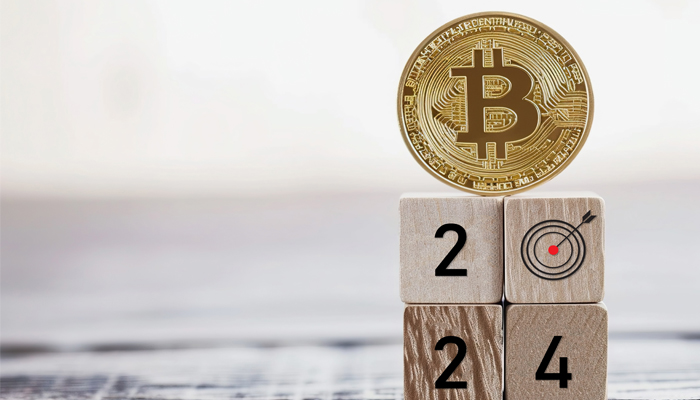
The Keys to Sticking with a Budget and Keeping it Simple and Purposeful
The most significant thing you can do to take control of your finances is keep a budget. No matter your income level or stage of life, it will help enable you to do the most with your money and give you greater peace of mind.
An ongoing budget not only gives you a current picture of how you’re spending your money, but it helps you plan ahead for near-term things like annual insurance premiums and car repairs, as well as long-term things like retirement.
Being on a budget doesn’t mean you can never do anything enjoyable with your money. It actually gives you permission to dream big and look forward to things like an exotic vacation. Have you always wanted to spend a week on the beach in Fiji? Start with a budget category, begin putting away money each month, and you’ll be amazed how soon you’ll be shopping for the best flights.
Despite the advantages of a budget, nearly three-quarters of Americans don’t regularly follow a budget.1 Why? Because it seems complicated and tedious. It could simply be lack of motivation. While most people know that keeping a budget is the responsible thing to do, actually sitting there and entering receipts is not very satisfying. The solution might be found in a 120-year-old Japanese budgeting method called Kakeibo (kah-keh-bo). Think of it as a way to declutter your finances similar to how Marie Kondo would declutter your house.
Jennifer Nelson, writing for Marketwatch, explains that Kakeibo is a simple way to document your income and spending while reflecting on why your money is going where it goes.2
First, you track your income and expenses like with a regular budget. Then, at least once a month, you think about and write down the answers to the following questions:
- How much money do I have this month?
- How much would I like to save?
- How much am I spending?
- How can I improve?
The system has you divide your spending into four areas: Needs (essentials), Wants (pleasures), Culture (activities), and Unexpected (emergencies and repairs). This method is a great way to step back from the columns of dollars and cents to examine exactly what your money is doing for you personally and to see the ways you might better direct it to make the most difference in your life.
1. http://go.pardot.com/e/91522/ays-a-financial-therapist-html/8gvsbs/1720653323?h=OOmeq05y7A-LmAGRSgPDfcF1AoMwOCF15hSIfDm_xts
2. http://go.pardot.com/e/91522/ur-spending-habits-11654270689/8gvsbw/1720653323?h=OOmeq05y7A-LmAGRSgPDfcF1AoMwOCF15hSIfDm_xts

Related articles

The new Bitcoin ETFs (Exchange Traded Funds) now make it possible to get exposure to the cryptocurrency by proxy through funds that are traded like stocks on various US Stock Exchanges. Previously,...

Late in 2022 the strategy team at Goldman Sachs Research released their forecast for the U.S. stock market in 2023.1 Based on what had happened the year before and on where the economy appeared to be...

You know how important it is to plan for your retirement, but where do you begin? One of your first steps should be to estimate how much income you’ll need to fund your retirement. That’s not as easy...